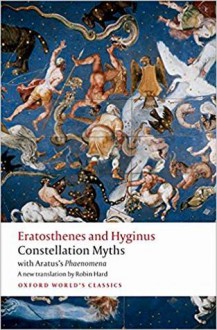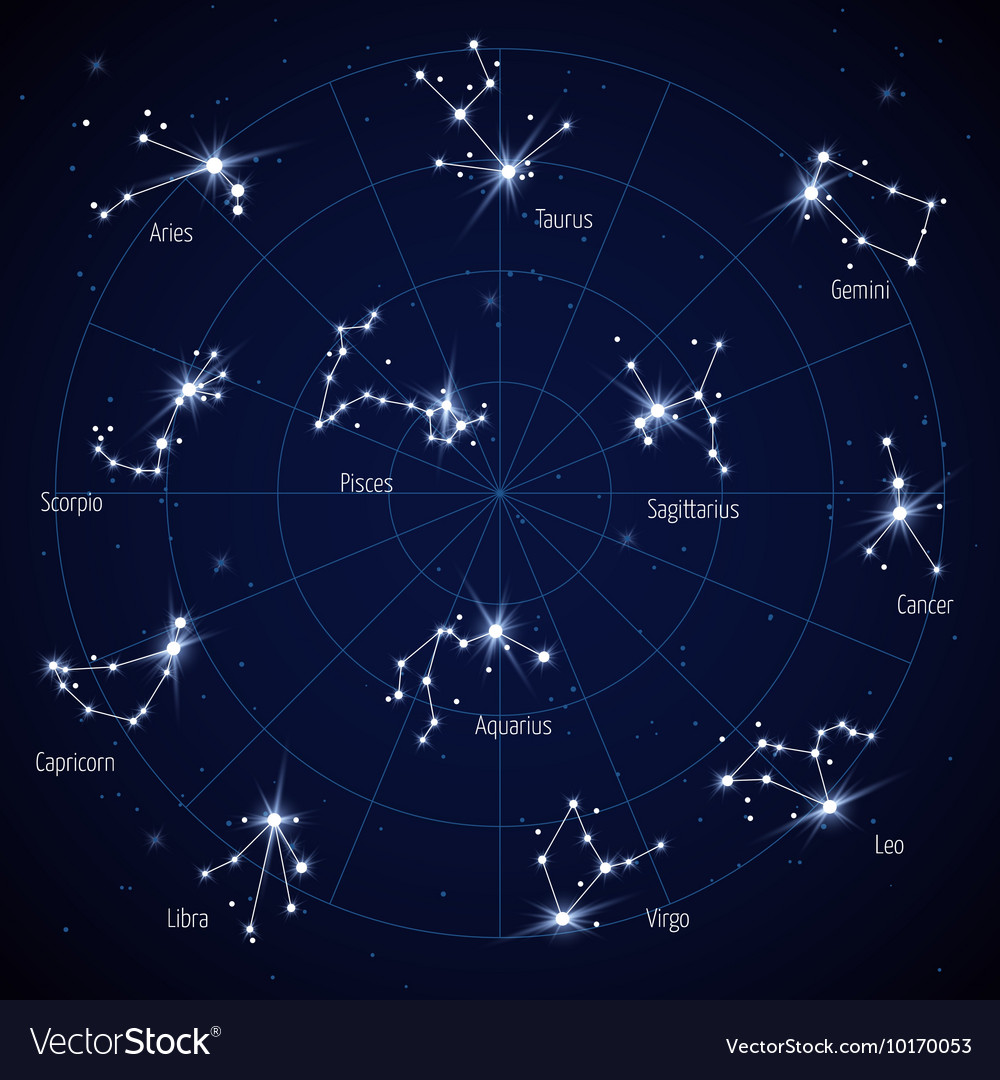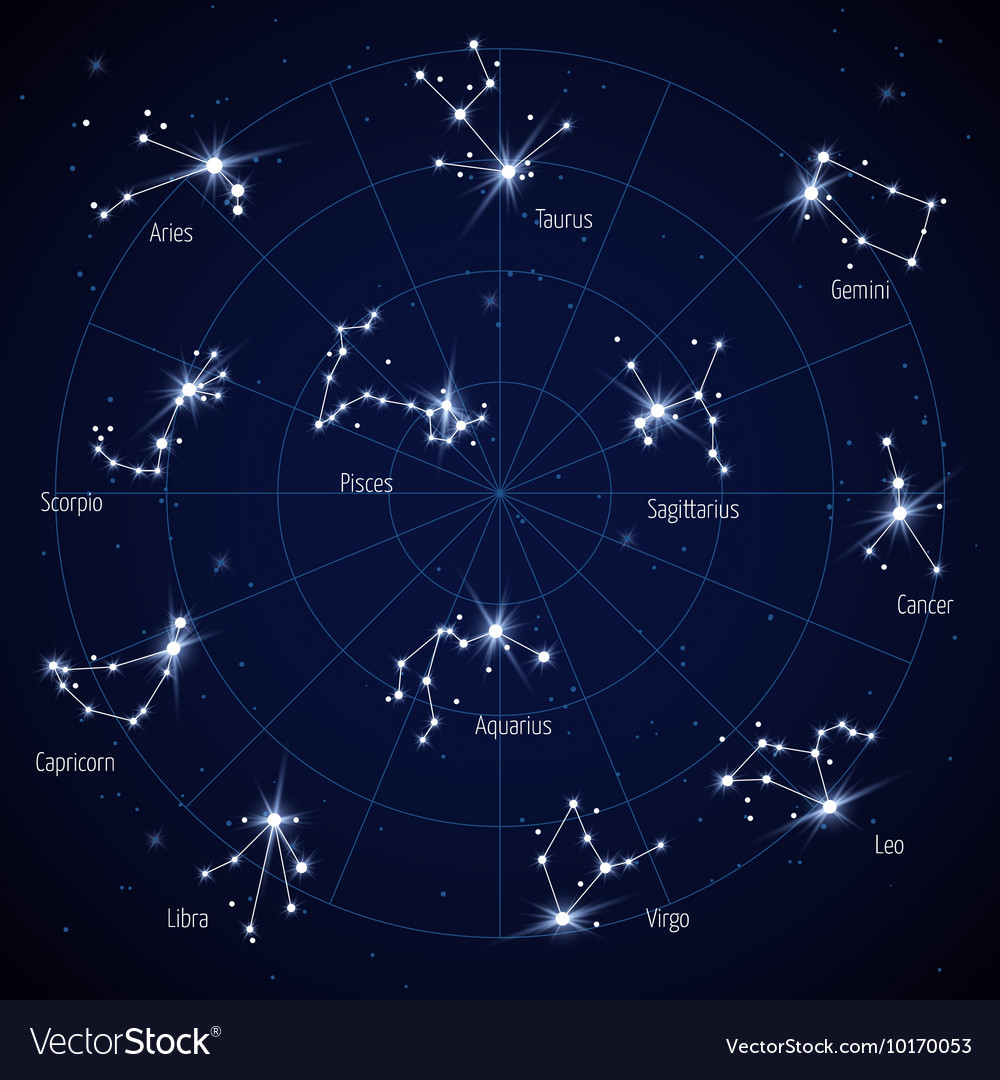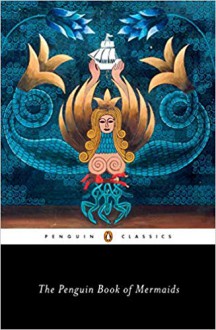TITLE: Metamorphoses
AUTHOR: Ovid [Publius /ovidus Naso]
DATE PUBLISHED: A long time ago, somewhere around 8 A.D.?
___________________
DESCRIPTION:
Prized through the ages for its splendor and its savage, sophisticated wit, The Metamorphoses is a masterpiece of Western culture--the first attempt to link all the Greek myths, before and after Homer, in a cohesive whole, to the Roman myths of Ovid's day.
Ovid's sensuous and witty poetry brings together a dazzling array of mythological tales, ingeniously linked by the idea of transformation - often as a result of love or lust - where men and women find themselves magically changed into new and sometimes extraordinary beings. Beginning with the creation of the world and ending with the deification of Augustus, Ovid interweaves many of the best-known myths and legends of Ancient Greece and Rome, including Daedalus and Icarus, Pyramus and Thisbe, Pygmalion, Perseus and Andromeda, and the fall of Troy. Erudite but light-hearted, dramatic yet playful, the Metamorphoses has influenced writers and artists throughout the centuries from Shakespeare and Titian to Picasso and Ted Hughes.
___________________
COMMENTARY:
Metamorphoses is a poem in 15 books in which Ovid has collected a variety (and variation) of Greek and Roman myths and legends with the overarching theme of transformation. Some of the stories are well known, others somewhat obscure. Ovid starts with the creation of the ordered universe from Chaos and ends with the diefication of Julius Caesar. In between, there is a lot of sex/rape, violence, love, bad decisions, vivid scenes and emotional passages. Metamorphoses is episodic in nature, with one story/myth/legend leading into another and includes many story within a story devices.
I started out with the Penguin Classics edition, translated by David Raeburn into hexameter verse. Then found an old copy of the Penguin Classics Mary M Innes prose translation and also an Indiana Press copy translated by Rolfe Humphries into ten-beat, unrhymed lines. I decided to alternate between these translations (why not, if I have the books anyway?). All these editions have notes, commentaries and introductions. The David Raeburn/Penguin Classics edition includes a map of Ovid's Mediterranean World, which is rather useful. Each edition is perfectly readible and enjoyable, though I did in the end prefer the Raeburn translation.
I've included a few lines from each translation I've come across, for anyone interested in comparing:
___________________________
Translation by A.D Melville
BOOK VII
MEDEA AND JASON
AND now the Argonauts from Thessaly
Were cutting through the billows. They had seen
Old Phineus* dragging out his helpless age
In endless night and Boreas’ two sons
Had driven the Harpies from his piteous lips.
At last illustrious Jason and his men
Reached after many travails the swift stream
Of muddy Phasis.* Going to the king,*
They claimed the famous Golden Fleece* and learnt
The fearful terms and monstrous toils imposed.
And then it was Medea, the king’s daughter,
Conceived a mastering passion; long she fought
Her frenzy, but the voice of reason failed.
‘Oh, vain!’ she cried, ‘Medea, is your struggle;
Some deity must thwart you. Strange if this—
Or something surely like—is not called love.
Else why do my father’s orders seem too harsh?
Too harsh they are indeed! Why do I dread
His death whose face I first have seen today?
What cause, what reason for a fear so great?
Thrust down the flames that burn your virgin heart,
If you have strength!——Such strength would be my cure!
But against my will some force bewitches me;
One way desire, another reason calls;
The better course I see and do approve—
The worse I follow.*——Why long thus for him,
A princess for a stranger, why admit
Wild thoughts of wedlock with an alien world?
This land too offers what may win your love.
Whether he live or die, the gods decide.——
Yet may he live! That prayer, though I loved not,
Were surely licit. What has Jason done?
What heart would not be touched by Jason’s youth,
His prowess, his proud birth? Who, if all else
He lacked, would not be moved by Jason’s beauty?
My heart for sure is moved! Unless I help,
The bulls’ hot breath will blast him; he will meet
Fierce foes of his own sowing, earth-created,
Or to the dragon be cast for prey and prize.
If I permit such things, I’ll surely own
A tigress* was my dam and in my heart
I nurture iron and stone!*——Yet why not watch*
Him dying there, my gazing guilty eyes
Sharing the crime? Why not urge on the bulls,
The earth-born warriors and the unsleeping dragon?——
The gods forfend! Yet it’s not what I pray
But what I do! Shall I betray* my father’s throne,
And by my aid preserve some nameless stranger,
Who, saved by me, without me sails away
To win another wife across the sea
And I, Medea, am left to pay the price!
______________________
Translated by David Raeburn
Book Seven
Medea and Jason
Behold the Argonauts ploughing the sea on their voyage from Greece!
Behind them was Thrace, where they’d seen King Phíneus, blind and impoverished,
passing a bleak old age, and Bóreas’ twins had routed
the Harpies who’d tortured that wretched old man by snatching his food.
After many adventures under their captain, Jason,
they finally came to the muddy stream of the swift-flowing Phasis.
On reaching Aeëtes’ palace, they laid their claim to the Golden
Fleece,* and the king dictated his terms to the heroes, a series
of hard and dangerous tasks. Meanwhile, his daughter Medéa
fell deeply in love with the handsome Jason. Despite a long struggle
against her feelings, her reason was powerless to master her passion.*
‘It’s useless to fight, Medea,’ she said. ‘Some god is against you.
This, or something akin to it surely, is what they call love.
How else should I find my father’s conditions
excessively harsh? For certain they are too harsh. How else should I fear for the life
of a man I have only just seen? – But why should I feel so afraid?
How wretched I am! I must extinguish the fire which is raging
inside my innocent heart. I should be more sane, if I could!
I am dragged along by a strange new force. Desire and reason
are pulling in different directions. I see the right way and approve it,
but follow the wrong. I am royal; so why should I sigh for a stranger,
or ever conceive of a marriage which takes me away from my home?
Love can be found here too. It rests in the lap of the gods
whether Jason survives or is killed. – But I want him to live! I don’t
have to love him to pray for that. What crime has Jason committed?
Only a cruel and heartless person could fail to be struck
by his youthfulness, breeding and courage. And who could be blind to his handsome
looks, if he lacked all else? My heart, at least, has been stirred.
But unless I assist him, those fire-breathing bulls will blast him to ashes;
the warriors sprung from the seeds which he sows in the earth will fight
and destroy him; or else the greedy dragon will make him its prey.
If I can allow all this, I’ll confess that I’m born of a tigress,
confess that my heart is composed of nothing but rock and steel. –
Oh, why don’t I watch him dying and so infect my eyes
with the taint of the spectacle? Why don’t I shout to the fire-breathing bulls
or the earth-born brutes or the sleepless dragon to charge and attack him? –
O heavens, grant me better than that! Yet better is not
to be idly prayed for but done! – By me? Is it truly better
that I should betray my king and my father, that some tall stranger
should owe his life to my kind assistance, only to thank me,
the woman who saved him, by spreading his sails to the wind without me,
marrying somebody else and leaving Medea to be punished?
______________________
Translated by Mary M. Innes
Book Seven
Now the Minyans were cutting their way through the waters, on board the ship built at Pagasae. Thy had seen Phineus, old and helpless, dragging on his life in the eternal darkness of the blind, and the young sons of the North wind had scared away from his lips the harpies that tormented the wretched old man. At last, when they had come through many dangers and difficulties under the leadership of the famous Jason, they reached the swift-flowing waters of the muddy river Phasis.
While they were entering the presence of King Aeetes, and were asking for the fleece of the ram which had carried Phrixus, while Aeetes was imposing his monstrous conditions, requiring them to perform prodigious tasks, the king's daughter, Medea was seized by an overwhelming passion of love and, though she long fought against it, her reason could not subdue her mad desire. 'Medea, you struggles are useless,' she said to herself, 'for some god, though I know not which, is opposing you. Surely this, or something like it, is what men call love. Why else do my father's commands seem to me too harsh? And indeed they are too harsh! Why am I afraid lest Jason perish, when I have only just seen him? What is the reason for such fear? Unhappy girl, rid your inexperienced heart, if you can, of the flames that have been kindled there. Oh, if I could, I should be more like myself! But against my own wishes, some strange influence weights heavily upon me, and deisre sways me one way, reason another. I see which is the better course, and I approve it; but still I follow the worse. Why do you, a princess, burn with love for a stranger? Why dream of marriage with a foreigner? This land, as much as any other, can provide you with one to love. Whether Jason lives or dies, is in the lap of the gods. Yet I hope that he may live! I can pray for that, even without loving him: for what wrong has he done? who but a monster of cruelty could fail to be stirred by his youth, his noble birth, his valour? Though he had none of these virtues, who would not be moved by his words? He has certainly touched my heart. But, unless I help him, he will be blasted by the breath of the bulls, or come into conflict with the crop of earth-born foemen, raised from the seeds which he himself must sow; or else, like some creature of the wilds, he will become the prey of the greedy dragon. To allow this to happen is to confess myself the child of a tigress, to admit that I have a heart of stone or iron. Why should I not go further, and incriminate my eyes by watching him die? Why should I not encourage the bulls against him, urge on the earth-born warriors and the sleepless dragon? Heaven grant him a happier fate! But I must work for that, not pray or it!
'Shall I then betray my father's kingdom, and by my help rescue an unknown stranger so that, thanks to my efforts, he may set sail without me, and become another woman' husband, while I, Medea, am left to be punished?
_______________________
Translated by Rolfe Humphries
Book Seven
The Story of Jason and Medea
So over the deep the Minyans went sailing.
They had seen Phineus, dragging out his years
In everlasting night, and Boreas’ sons
Had driven the Harpies from the poor old king.
They suffered much, but came at last with Jason,
Their brilliant leader, to the muddy waters
Where Phasis meets the sea. They went to the king,
Claiming the golden fleece, by Phrixus given,
And heard the dreadful terms, enormous labors.
And the king’s daughter burned with sudden passion,
And fought against it long, and when her reason
Could not subdue her madness, cried: “Medea,
You fight in vain; there is some god or other
Against you. I am wondering whether this
May be the thing called love, or something like it.
Why should my father’s orders seem too cruel?
They are too cruel! A fellow I have hardly
Much more than seen may die, and I am fearful!
What for? Unhappy girl, shake from the bosom
This burning fire, if you can. If I could do it,
I would be more sensible, but some new power
Holds me against my will, and reason calls
One way, desire another. I see, approving,
Things that are good, and yet I follow worse ones.
Why do you burn for a stranger, royal maiden?
Why think of marriage into a foreign circle?
This land can give you something to love. If he
Should live or die, let the gods decide; but let him
Live! That I can pray for, even without loving.
What has he done? Only the cruel-hearted
Would not be moved by Jason’s youth, his manhood,
His noble birth. And even if these were lacking,
His beauty would move a heart of stone—at least
It has moved mine. And if I do not help him,
The bulls will blow their fiery breath upon him,
The enemy he has sown in earth attack him,
The greedy dragon snatch and seize upon him.
And this, if I allow it, will prove me daughter
Of tigress, stony-hearted, iron-hearted!
Why can not I look on as he is dying,
Disgrace my eyes by looking on? Why can not
I urge the bulls against him, and the warriors
Sprung from the earth, and the unsleeping dragon?
God grant me better grace! But this is not
A question of praying, but doing. Shall I then
Betray my father’s kingdom, rescue a stranger,
Who, saved, sails off without me, marries another,
Leaves me to punishment? If he can do it,
If he can place another woman above me,
Then let him die, the ingrate! No! He could not,
He does not look as if he could, his spirit
Is noble, his body handsome. I need never
Fear he would cheat me, or forget my service.
_________________________
Translated by Allen Mandelbaum
Book VII
Jason and Medea
NOW, IN THE SHIP they built at Pagasa,
the Argonauts were furrowing the sea.
They had already seen the Thracian seer,
King Phineus, dragging out his final years
in endless blindness. Boreas’ twin sons
had eased his sufferings: they’d driven off
the Harpies, women-birds who tortured him;
in recompense, the old king helped them chart
the way to Colchis. After many trials,
led by the hero Jason, they had reached
the rapid current of the muddy Phasis.
There, when they went to King Aeetes, claiming
the Golden Fleece he had obtained from Phrixus,
the king agreed to yield the fleece they sought—
but only on his terms: he set three tasks,
horrendous tests that Jason had to pass.
Meanwhile the raging flame of love has struck
Medea, daughter of the king: when she,
who struggled long against that passion, sees
that reason cannot win again her frenzy,
she says:
“Medea, you are doomed to fail:
the force you face must be some deity.
I wonder if this power (or something like it)
is not the power known to men as love.
Indeed, why do the terms my father set
seem harsh to me? But then . . . they are just that!
Why do I dread the death of one whom I
have seen but once—a first and only time!
What led to this? Why am I terrified?
Come, quench the flame that burns your virgin breast—
would you, unhappy girl, could do just that!
If it could blaze no more, I would be healed.
Instead, despite myself, a force that I
have never known before impels me now:
my longing needs one thing; my reason seeks
another. I can see—and I approve
the better course, and yet I choose the worse.
Oh, why do you, the daughter of a king,
burn for a stranger? Why, why must you dream
of wedding one whose world is alien?
You can, in your own land, find one to love.
The fate of Jason—life or death—depends
upon the gods. But I do hope he lives—
a hope that would be rightful even if
I did not love him! After all, what wrong
has Jason done! How could one be so cruel
as to ignore his noble birth, his youth,
his worth! But even if he lacked all these,
would Jason’s face alone not be enough
to stir one’s heart? At least, my heart—the heart
he has entranced. If I don’t take his part,
he will be blasted by the bulls’ hot breath,
and then face foes that he himself begets—
sprung from the very soil that he will sow—
or else fall prey to the voracious dragon.
If I let him become their victim, then
I must confess that I’m a tigress’ daughter,
who carries steel and stones within her breast.
And why don’t I look on as Jason dies—
why would that spectacle defile my eyes?
Why not incite the bulls, and savage foes
the earth engenders, and the sleepless dragon?
O gods, forbid that! . . . Yet, why do I pray?
I have to act! But shall I then betray
my father’s kingdom—be the one to save
this foreigner (I only know his name—
and nothing more), who then can sail away
without me, once he has escaped the fates,
and marry someone else, while I remain
alone—to face the penalty I’ll pay?
_______________________
Translated by Horace Gregory
Signet Classic - ISBN 0-451-52793-3
Book 7
Now in a ship that had been built at Pagasae
The Argonauts cut through the restless waves.
And on their way they saw blind Phineus,
His pitiful old age in endless night;
Sons of the North Wind came to drive away
The girl-faced vultures plucking at his lips.
This scene was one of many swift adventures
Shared by the Argonauts, led by bright Captain Jason,
Who steered them safe at last; the ship was beached
Within the rapids of the mud-brown Phasis.
Officers and crew had come to take the fleece
Stolen by King Aeetes (as his gift
From Phrixus) nor would this hard-driving king
Give up the fleece without harsh terms and trials.
As the dispute ran high, the king's own daughter,
Sharp-eyed Medea, burned with quickening heat.
She fought against her fever: it was madness;
Nor could she cool her brains with hope of reason.
She cried aloud, "Medea, wits are futile
Against this heat. Some god's bewitched my senses,
Chained my will. Is this called love? Why do
The trials my father offers these young men
Seem difficult and cruel? His price is high:
Why do I fear the death of one I've seen
But for a moment and for the first time only?
What lies behind this fear? Then come, Medea,
Tear out the flames that scorch your innocent heart,
You poor unlucky child! Brace up, my darling,
Be yourself again: O if I could, I would,
But now against my will an unknown power
Has made me weak: heat sways me one way,
And my mind another: I see the wiser,
Yet I take the wrong. And why do you, king's
Daughter as you are, grow hot with love because
You see a stranger? To seek a wedding bed
In an alien world? There's much to love
At home. And if he lives or dies? Gods' will
Take care of that. And yet I hope he lives!
Let me hope, pray for him, and yet not love!
What harm has Jason done? It is inhuman
Not to be moved by Jason's manliness
That shines like summer's day, and his green vigour,
Even that clear line of his gentility;
If nothing else, look at his lovely face!
Surely he stirs my heart! Now to his rescue:
Great bulls will burn him blind with fiery breath,
And from the seeds that fall from his own hand
An army sprung from earth will strike him down
And he'll be fed as carrion to a dragon.
If he's destroyed, his very death shall prove
that I'm no more than a mad tigress' daughter,
My heart a bloodless weight of iron and stone.
Why can't I look down at him as he falls?
Why is that vision tainted in my eyes?
Why don't I order great bulls to charge, armies
To cut him down, and spur the watchful dragon
Who never sleeps? These questions are not answered
By a prayer; they call for action now - and yet
Shall I betray my father's kingdom, crown,
to shield an alien hero in my bed,
Then see him set his sails and make away
With some new bride? And I, Medea, pitiful,
Alone? But if another woman takes
His love, he's earned his death. No, no - his manly
Look, aristocratic air, his poise, his grace
Deny my foolish fear of being tricked.
______________________
P.S.: Don't piss Hera/Juno off by having the misfortune of being raped by her husband, Zeus/Jove. She's likely to turn you into something, probably a cow!






 Log in with Facebook
Log in with Facebook 















